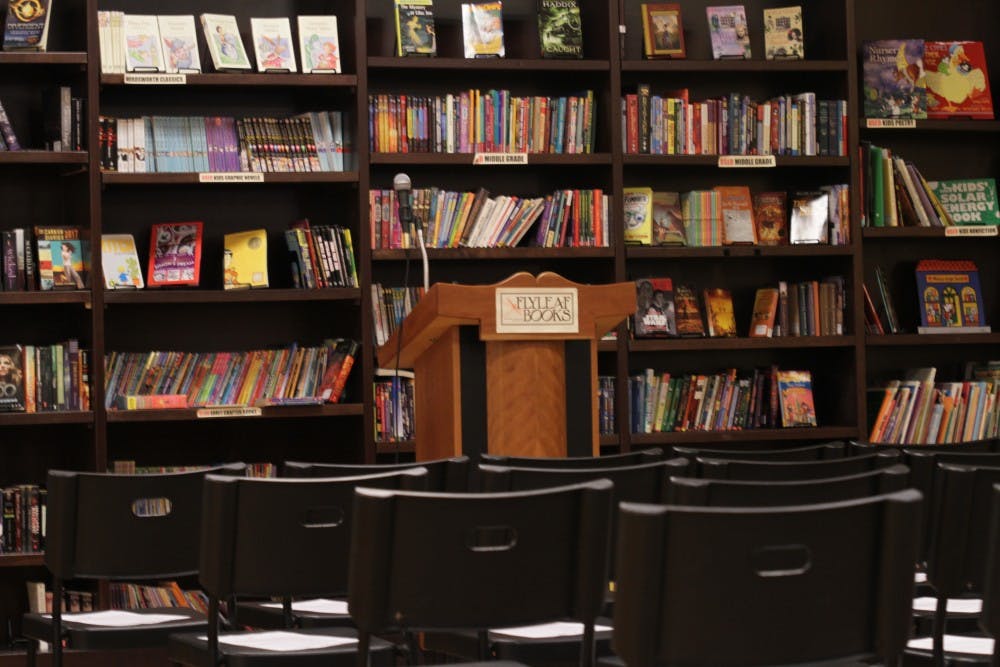UNC Professor Michael Chitwood will read from his newest book of poems, entitled "Search and Rescue," at Flyleaf Books in Chapel Hill at 7 p.m. on Wednesday. Chitwood is a member of the UNC English and Comparative Literature Department, and his poetry and fiction have appeared in numerous noteworthy publications including the "Threepenny Review" and "Poetry."
Staff writer Jessica Hardison spoke with Chitwood about his newest book.
The Daily Tar Heel: Can you give me an overview of "Search and Rescue"?
Michael Chitwood: The centerpiece poem is about a manmade lake in the mountains of Virginia, and the effect it had on the community that it came in to, which was a rural Appalachian community. And it basically changed the whole tenor of what that place was about because of the stuff that it brought there and what it meant for the economy, which was actually a very good thing. But it did change the way of life that was there — and I think actually in mostly a good way — but there were some other things that went away that I try to chronicle in the book, which is why it is called “Search and Rescue.” Which is remembering the things that were there and the people that were there and the way that things have changed.
DTH: What kinds of themes run throughout the book?
MC: I hope it’s a theme of resurrection — a theme of, "What comes next?" — keeping track of what was in the past, but also what’s in the future now, and what happens next with that culture and what’s on the back burner.
DTH: How many poems does the book feature?
MC: It’s broken into four sections. The first is called "Scenes from the Knee-High Gospel." That has 10 poems in it. The second section is called "Water Ways" and has three poems in it, and that’s where the "Search and Rescue" poem is.
The third section is actually a little different. It’s prose poems, or flash fiction. I don’t know exactly what to call it. It’s in prose, though. That section has seven pieces. The fourth section is called "Others’ Belongings." It’s kind of portraits of people, some of them are collages of people that either I knew there or I had met other places along the way. That section has 16 poems.



